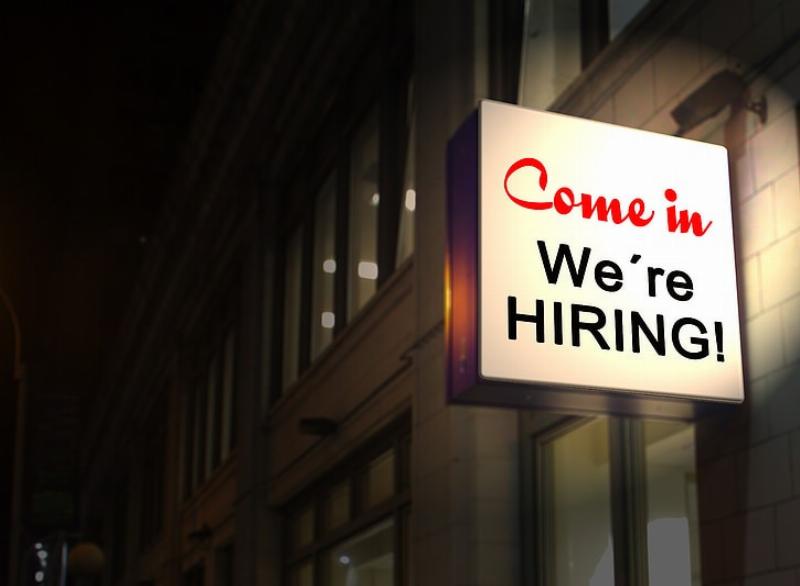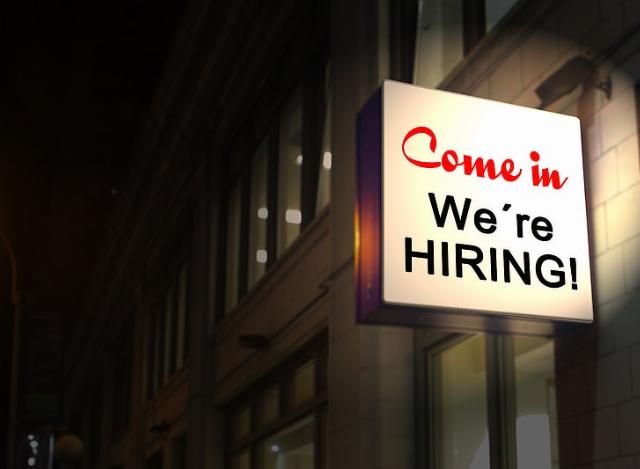


Conservatives across the board have a respect and love of markets and the wonders they produce. It is one of the definitions of being a conservative.
Markets -- free people interacting with other free people -- do amazing things. They play a fundamental role by facilitating the exchange of goods, services, and resources.
Obviously, a key role of markets is to help determine the prices of goods and services based on supply and demand. Prices signal the scarcity or abundance of a resource.
Rising prices encourage producers to increase supply and consumers to reduce demand, while falling prices have the opposite effect.
Markets allocate resources to their most valued uses by matching willing buyers with sellers. They encourage competition, which results in more efficient production and innovation.
Markets aggregate diverse information about preferences, costs, and external factors, which gets reflected in the price. This makes prices an efficient summary of collective knowledge.
Like a lot of supposed conservatives, publications like the Wall Street Journal editorial page love markets of every variety. They sing their praises every day. But while they seem to love them all, there is one glaring exception: labor markets.
With these markets, labor “shortages” are not sending a signal about supply and demand but are a problem that must be “solved”; generally, by bringing in foreign workers to address the “shortage.”
This of course destroys the very basics of the wonders of markets.
We see this thinking across labor markets -- from basic manual labor to high tech and everything in between. The labor markets aren’t allowed to function and do their magic because there is a “shortage” that must be addressed ASAP.
And of course, employers don’t mind that this also has the result of keeping wages artificially low. For those who sing the praises of H-1B visas -- “The H-1B is a foreign worker visa that allows U.S. employers to hire foreign workers in so-called specialty occupations. Although the law does not specifically list what it considers "specialty occupations…" -- it is well known that these workers will often work for 1/3rd less than their native compatriots.
A savings of 30% in wages is not a small deal. Or if you’re on the other end of that stick, watching your wages fall by 30% is not a small deal either.
It’s true of the most basic labor markets too. Cesar Chavez -- co-founder of the National Farm Workers Association -- saw this first hand. He was profoundly against flooding the field worker market with illegal immigrants. He would tell first-hand stories of a crew of American workers showing up in a field to start working and being told they didn’t have the job anymore because those folks standing over there -- who just crossed the border -- will do the work for half the price as was previously agreed upon.
You will hear repeatedly how Americans won’t do these jobs. That is not true. They won’t do these jobs for the wages offered. Without the conscious effort to distort the markets, wages will rise and innovation and technological solutions will flourish. Higher wages will also draw more people into these jobs thus almost magically addressing these labor “shortages.”
But these actions destroy the beauty of markets. If you understand the wonders of markets, you can’t be consistent and support addressing these “shortages” with a flood of new immigrants.
The labor markets are no different than any other market, we simply have to allow them to work.
And lastly on a tangential issue. On one hand we hear a chorus of people across the political spectrum demanding that we must import more and more workers – high tech, low tech, and everywhere in between -- because the country needs more workers.
But on the other hand, we hear that technology is going to end a huge number of jobs -- some estimates are 80% of all jobs could disappear in the very near future. So, what exactly are all these workers -- new and old alike -- going to be doing in this future?
We “need” millions of new workers yet 80% of all jobs are going to disappear?! How exactly does this work?
Both of those things can’t be true at the same time. Just another thing to ponder as we think about labor markets.
John Conlin is an expert in organizational design and change. He is also founder and President of E.I.C. Enterprises. He has been published in American Greatness, The Federalist, The Daily Caller, American Thinker, the Houston Chronicle, the Denver Post, and Public Square Magazine among others.

Image: PickPik
